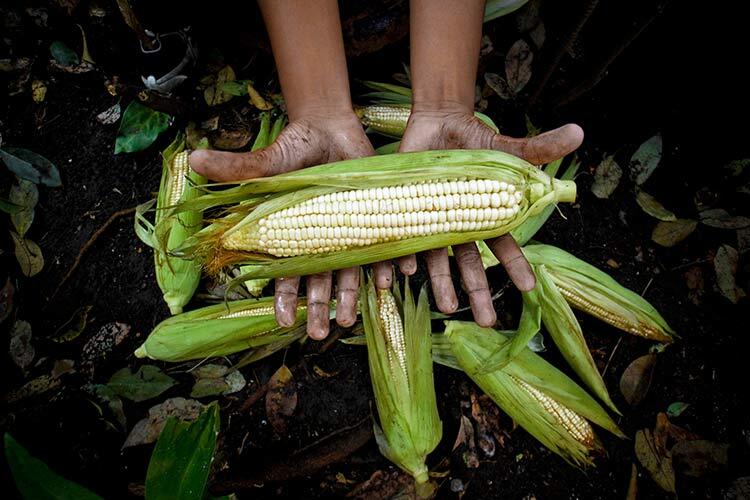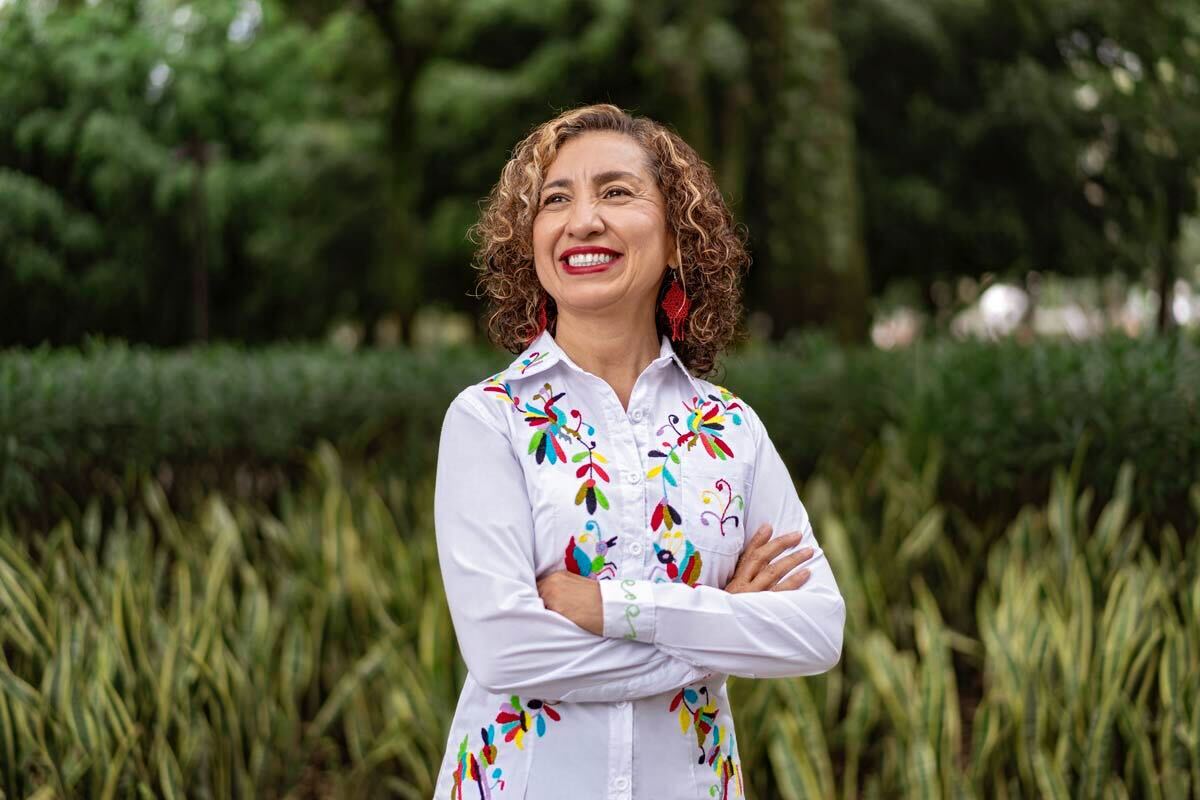Although Mexico’s rural teacher training schools have been around since 1922, they face challenges such as a lack of resources and a gap in access to technology for education.
The arrival of the pandemic in 2020, when 36.1% of Mexican students had remote classes, has forced the adoption of new educational strategies.
Sandra Araceli Varela Ordorica, who teaches at a teacher training school in the State of Mexico, carried out research on the use of information and communication technologies in the learning of rural teaching students as part of her postgraduate studies at Tec de Monterrey.
“Most teachers use technology as a work tool but not as a teaching medium, and our work intends to discover how to convey that knowledge and improve those digital skills,” she says in an interview with TecScience.
Her research, Use of Information and Communication Technologies as a Transversal Competence in Initial Teacher Training, proposes strategies so that teachers can make this leap.
Importance of technology in teacher training
Varela points out that one of the main challenges in education is access to technology for education, as well as teachers knowing how to apply it in their classes.
According to the United Nations Educational, Scientific and Cultural Organization (UNESCO), one of Mexico’s educational priorities after the pandemic is promoting the development of mobile learning skills, as well as the use of information and communication technologies and digital learning.
The creation of hybrid educational systems is another of UNESCO’s recommendations. However, Sandra points out that there is an even bigger gap for rural teacher training schools on this issue.
“For example, as young trainee teachers with limited economic resources come to this school from places such as Chiapas, Veracruz, Guerrero, and Coahuila, many of them have not had access to technological equipment or knowledge,” she says.
The rural teacher training school Varela is talking about, where she also teaches, is located in San José Tenería in the State of Mexico, one of those with the most students enrolled in Mexico.
At her school, only 40 computers and a single modem serve more than 500 students.
Like the recommendations from UNESCO, Sandra’s research emphasizes the need for training, equipment, and the use of technology in education for Mexico’s future elementary school teachers.
The study on Mexico’s rural teacher training schools
Sandra points out that the first objective of her research was to recognize the technological skills of rural teaching students, who come from different backgrounds and states in Mexico.
Varela conducted her research with trainee teachers and teachers from the “Lázaro Cárdenas del Río” Rural Teacher Training School located in San José Tenería in the State of Mexico, which has 574 students enrolled.
Her results included the importance of teacher training in the use of technology to enrich classes, encourage active participation of students, and develop essential digital skills for teaching in the future.
Continuing education is also indicated as one of the main needs of trainee teachers for keeping up to date. In this way, they can acquire new skills to adapt to the constant innovations of the education of the future.
Sandra highlights the importance of promoting a digital culture in her study, not only seeking to have adequate technological resources or sufficient software but also an open mind towards the use of technology, as well as sharing experiences and successful practices among teachers.
The importance of replicating results in Mexico’s teacher training schools
Sandra points out that this research, as well as the knowledge and experiences generated in the area, should be shared between teacher training schools.
She also emphasizes that teachers at rural teacher training schools should not assume that trainee teachers arrive prepared with technological or pedagogical knowledge on using technology in education.
However, she adds that the pandemic and actions from the government -an increase in computer equipment granted as support to trainee teachers- have made teaching students assume leadership that years ago was non-existent.
“Young people were the ones who took the lead in the classrooms where they were going to do their teaching practice. This also helped other teachers who didn’t have a technological approach,” she says.
As the “Lázaro Cárdenas del Río” Rural Teacher Training School where the study was carried out belongs to a network of rural teacher training schools, Sandra says that they will continue working on the replication of this research and actions to promote technology in the process.
“The use of technology favors and greatly facilitates access to learning, not only in a local sense but also opens the door to science and knowledge worldwide.”

















